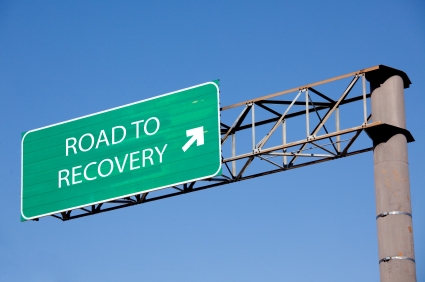The Addict Experience
Click here to go directly to The Addict Experience Menu.

Most addicts don’t experience their disease as a disease. Denial is widespread: a 2004 study reported that 94% of those classified drug- or alcohol-dependent denied they needed treatment.1 A 2011 survey found denial even more prevalent: only 1.2% of those with “untreated alcohol abuse disorder” thought they’d benefit from treatment.2
But as addiction progresses into its later stages, addicts realize at some level that they have a baffling problem. I did. Every time I walked down the Costco liquor aisle what was left of my rational mind insisted, “This place is gonna kill me.” But I still made my bi-weekly death runs, ignoring that voice because I was more afraid of running out than anything. I was convinced I had to drink today just to survive, even if it might kill me tomorrow.
But I never attributed it to a diseased brain. I just thought I was an incorrigible screw-up. That’s because when your brain betrays you, you’re the last to know. You blame it on everything else because the idea you can’t trust your own mind is too disorienting to contemplate. Someone who loves you might succeed in getting you to look in the metaphoric mirror and see your behavior is abnormal. You see it. You behold your bloated inebriated self doing the craziest things to simultaneously feed and deny your addiction. “He’s right,” you think, “something is desperately wrong. If only I could figure out what it is.” The flaw in your thinking is that the very organ you use to make sense of these things is itself the problem. You don’t know your brain can betray on you. When it does, you don’t feel anything discernibly different. You believe your brain because you always have and can’t conceive that could change. And yet you know something’s desperately wrong.
Eventually, you reach the point where you can’t go on drinking or using, while at the same time you can’t stop. If you’re lucky, you have a moment of clarity, a bottom, and surrender to treatment or a 12-Step program. Only once safely sober can you see the crazy things you did in obsession’s sway and take the diagnosis of drug-induced insanity seriously.
 When I arrived at rehab I had a world-view as constricted as the top of my half-gallon bottles. Then I got to know the other patients and heard about their lives and struggles. Guided in group therapy, we shared everything we feltin exhaustive detail, dissecting how our brain disease manifested itself in our minds and behaviors. Then I attended years of daily AA meetings where I listened to much more about how addicts felt looking back at when they were using and through all stages of recovery. Though their specific journeys differed, they shared consistent themes.
When I arrived at rehab I had a world-view as constricted as the top of my half-gallon bottles. Then I got to know the other patients and heard about their lives and struggles. Guided in group therapy, we shared everything we feltin exhaustive detail, dissecting how our brain disease manifested itself in our minds and behaviors. Then I attended years of daily AA meetings where I listened to much more about how addicts felt looking back at when they were using and through all stages of recovery. Though their specific journeys differed, they shared consistent themes.
The attitudes described in “When They’re Using,” are common to addicts, so if you or someone you love exhibits them, they’re powerful indications that drug use has crossed the line into addiction. The feelings detailed in “In/After Treatment” can help make sense of the daunting challenges newly sober addicts face.
The Addict Experience Menu
The Addict Experience When Using |
The Addict Experience In/After Treatment |

Comments are closed.